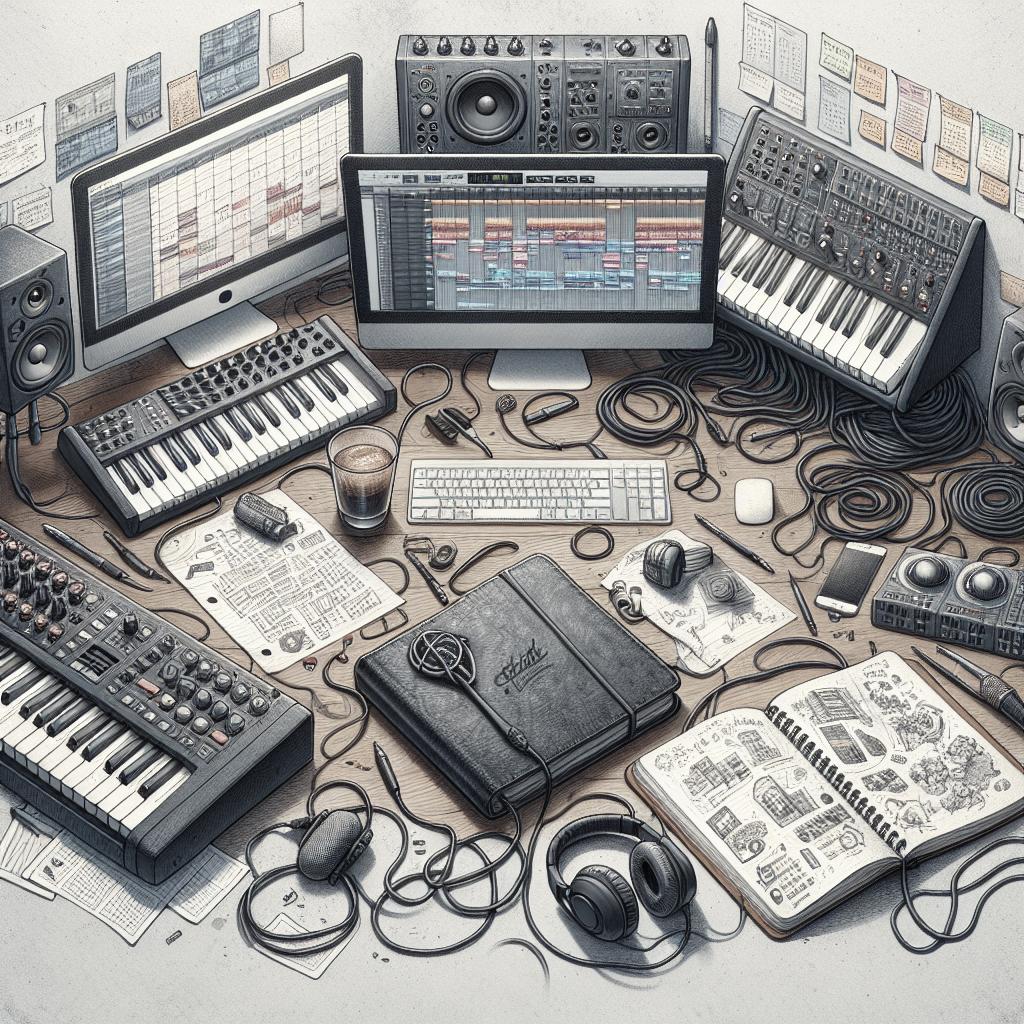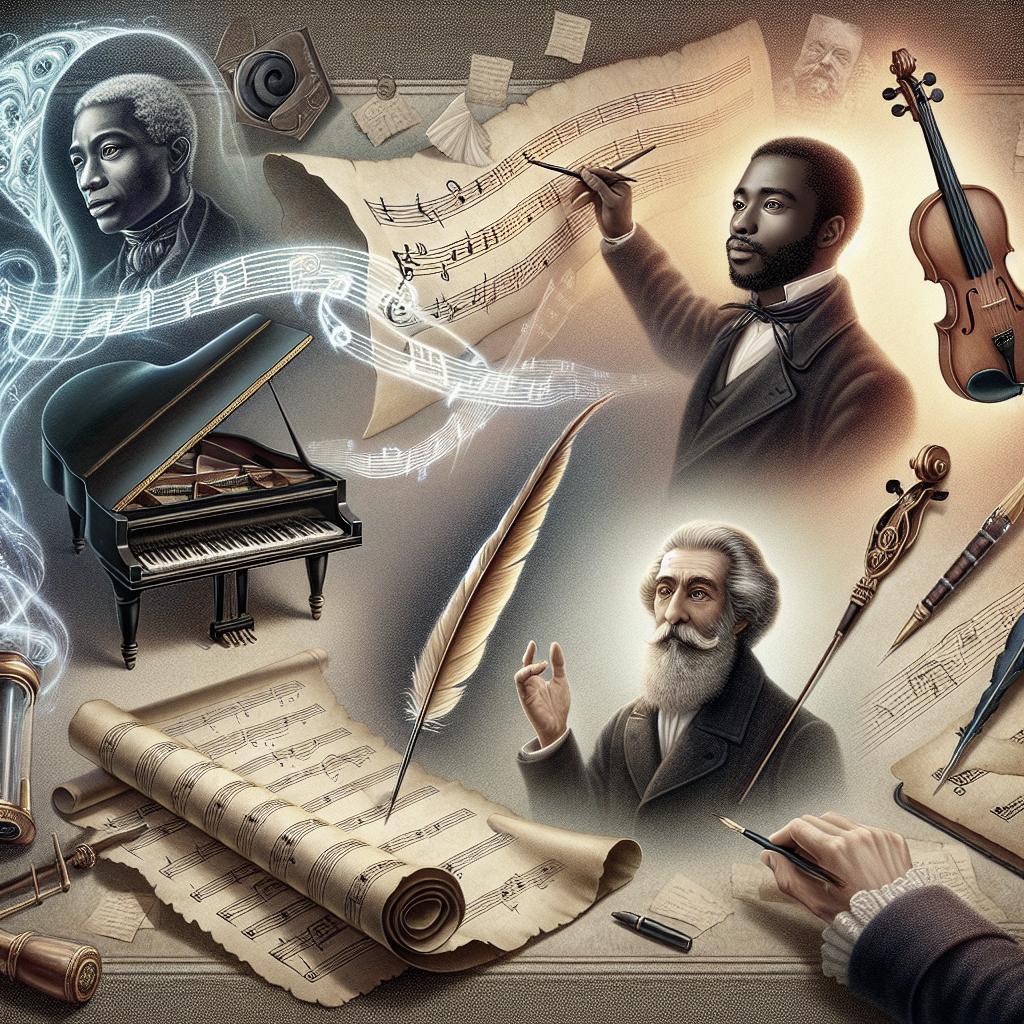“`html
The Role of a Music Producer
The music landscape has dramatically evolved over the years, and at the heart of it, playing a crucial but often understated role, is the music producer. This article delves into the pivotal duties and responsibilities of a music producer, offering insights into their creative processes and daily tasks. We will explore what being a music producer entails, how to determine if it’s the right path for you, and what the typical working environment looks like. Additionally, you’ll find information about related careers and educational pathways. If you’ve ever been curious about the wizard behind the curtain in the music industry, read on to discover the world of music production.
What is a Music Producer?
A music producer is often referred to as the unsung hero of the music industry. They are a vital part of the music creation process, enabling artists to bring their musical visions to life. A music producer wears many hats and may take on roles such as a coach, an engineer, and an advisor to help artists achieve their best work.
Historically, the role of a music producer was purely technical, but it has expanded to include creative input, making them integral to both the technical execution and artistic success of a music recording. Producers often influence the sound and style of the final product, working closely with artists, songwriters, and audio engineers.
What does a Music Producer do?
The primary responsibility of a music producer is to oversee and manage the recording process. This includes selecting songs, arranging the music, and guiding the artists and musicians in delivering the best performance. They also make crucial decisions about recording techniques, mixing, and mastering the tracks to create a polished final product.
Producers also work with the artists to shape their vision into reality, often contributing to songwriting and offering creative suggestions. They manage the recording sessions by ensuring that everything runs smoothly and efficiently, from setting up the studio to recording and mixing. Their goal is to create an environment conducive to creativity and productivity.
Are you suited to be a music producer?
If you’re considering becoming a music producer, it’s essential to assess whether you possess the right blend of skills and interests. Creativity and a deep appreciation for various music genres are crucial, as is an understanding of technical elements like sound engineering and digital audio software. You’ll also need excellent communication and interpersonal skills to work effectively with artists and other professionals.
Additionally, patience and perseverance are vital traits, as the process can be demanding and require problem-solving under pressure. If you thrive in collaborative environments and have a passion for shaping musical experiences, music production might be the ideal career path for you.
What is the workplace of a Music Producer like?
The workplace of a music producer can vary widely depending on the nature of the projects they are involved in. Most commonly, producers work in recording studios, which may range from large, professional facilities with state-of-the-art equipment to smaller, more intimate home studios that provide a relaxed and personalized environment for recording.
Apart from studios, music producers may also work in live concert settings, broadcasting environments, or even remotely, leveraging modern technology to collaborate with artists worldwide. The dynamic nature of the work keeps it exciting and challenging, presenting new opportunities for creativity and innovation daily.
In this article:
- Understanding the multifaceted role of a music producer.
- Key skills and qualities required to succeed in music production.
- The diverse environments in which producers operate.
Music Related Careers and Degrees
For those passionate about music production, several related career paths might be worth exploring. Careers such as audio engineering, sound design, and music composition offer different but complementary opportunities within the music industry. Each role requires specific skills and expertise and contributes to the creation and enhancement of musical works.
In terms of education, various degree programs can provide valuable knowledge and skills. Degrees in audio engineering, music technology, and music business are particularly relevant and can be pursued at many universities and specialized music schools. These programs offer a blend of technical and creative training, preparing students to thrive in the competitive music industry.
Final thoughts
| Aspect | Details |
|---|---|
| Role | Music producers manage and guide the recording process, influencing both technical and creative elements. |
| Skills Needed | Creativity, technical knowledge, communication, patience, and collaboration skills. |
| Work Environment | Varied settings including studios, concert venues, and remote collaborations. |
| Related Careers | Audio engineer, sound designer, music composer. |
| Education | Degrees such as audio engineering, music technology, and music business. |
“`


